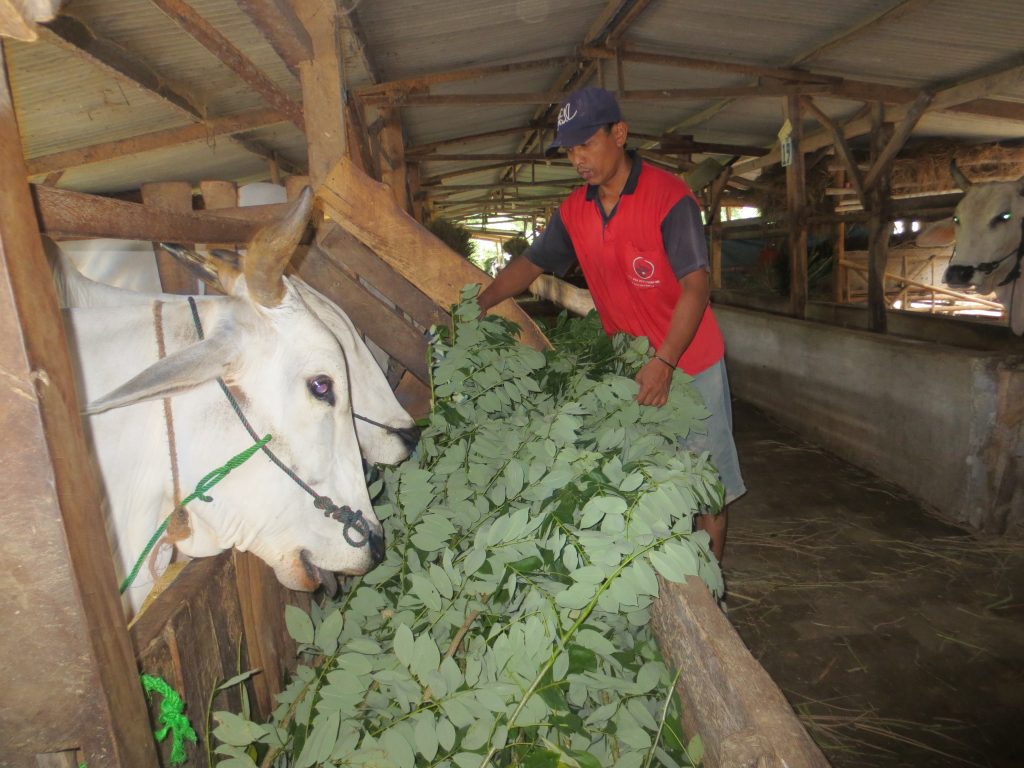What an animal eats affects how much greenhouse gases it emits. This makes nutrition strategies an important way of reducing livestock greenhouse gas emissions.
GLOBAL NETWORK is a four-year collaborative project to collate, analyse and systematise existing data on mitigating nutrition-related greenhouse gas and ammonia (NH3) emissions from livestock production. It is led by the Livestock Research Group’s Feed and Nutrition Network and funded by Alliance countries and the European Joint Programming Initiative on Agriculture, Food Security and Climate Change. The goals of the GLOBAL NETWORK project are to:
- Create, update and expand animal and feed databases for mitigation of enteric methane (CH4)

- Gain understanding of the contribution of genetic and microbial factors to variation in enteric CH4 production, digestion, and nutrient utilisation
- Validate markers of enteric methanogenesis for the development and monitoring of CH4 mitigation strategies in ruminants
- Create, update, and expand a database of mitigation strategies aimed at improving dietary nitrogen (N) utilisation and lowering N excretion and NH3 and nitrous oxide (N2O) emissions from manure
- Develop Standard Operating Procedures (SOP) and guidelines for conducting and assessing data from in vitro and in vivo studies designed to evaluate nutritional strategies for mitigation of CH4, NH3, and N2O emissions
- Develop new and evaluate existing models for predicting CH4 emission and N excretions under various nutritional, animal, and farm management scenarios
- Identify and recommend CH4, NH3, and N2O mitigation technologies that are practical and feasible for the specific conditions of livestock production systems in participating countries
